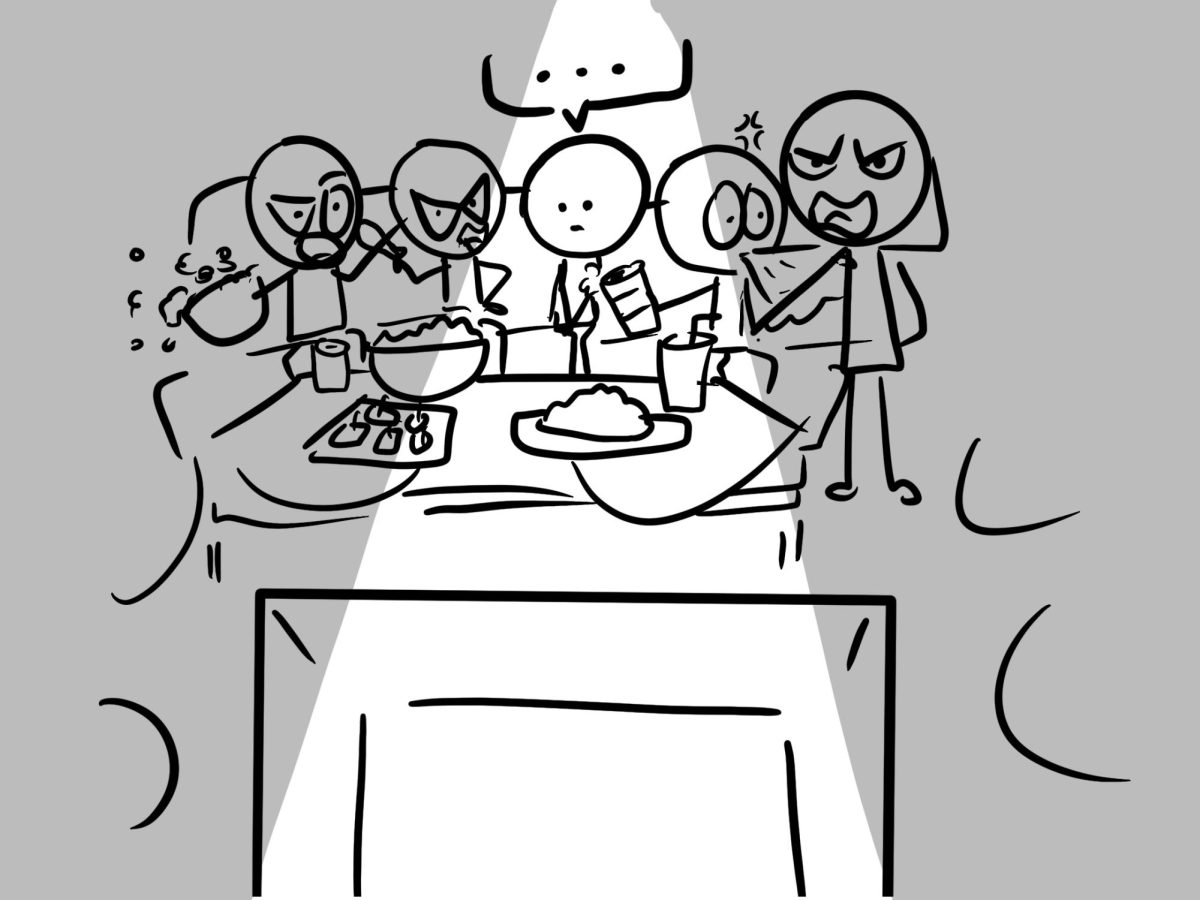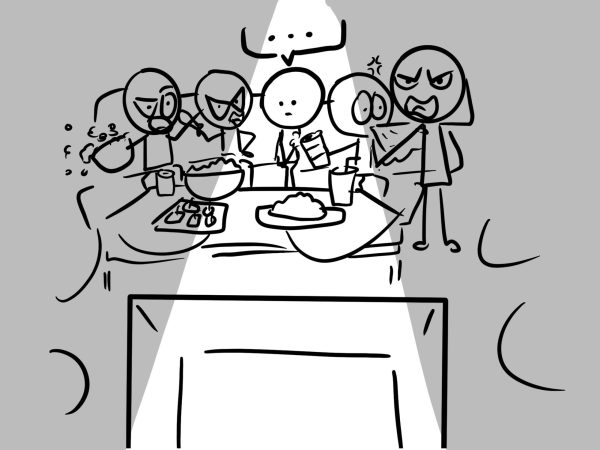Was Socrates right? Are the “new” generations really lazy?
Gen Z consistently gets classified as “lazy” – but is that true, or have people always thought that way?
October 19, 2022
“Children; they have bad manners, contempt for authority; they show disrespect for elders and love chatter in place of exercise. They no longer rise when elders enter the room, they contradict their parents and tyrannize their teachers. Children are now tyrants.” – Socrates
Every 18 years or so a new generation of children are born and tasked with changing the world for the better. From Baby Boomers to Gen Z, even dating all the way back to 400 B.C.E the younger generations have always had a bad reputation. They’re erratic, entitled, self-centered, tyrannical (as Socrates would say), emotional, and worst of all lazy. But, why? Is each new generation actually lazy or is that just what the older generations think?
The way Gen Z has grown up is drastically different compared to that of any other generation. Economic inflation, a global pandemic, and the rise of mental health instabilities are just a small snapshot of what Gen Z has come to know and love. However, do these differences aid in Gen Z’s apparent “laziness?” Depending on the interactions other generations have with Gen Z, that perceived laziness can change. Lauren Demattos, a senior at James C. Enoch’s High school, gives an inside look at how life as the newer generation – Gen Z – is. Many new ideas were introduced into the lives of Gen Z and the way each generation grew up has changed dramatically.
Demattos commented, “I think this generation especially is more vocal in how they want to change in the world. I think a lot of times older generations sit, complain, and wait for things to happen, whereas Gen Z prefers to take actions,” which can be seen in many of forms of social media. The tech-savvy generation asserts their opinions constantly and proves time and time again that they’ll fight for what they believe in.
Yet they’re still seen as lazy.
However, Lauren doesn’t think the ‘lazy’ stereotype fits. “I wouldn’t use the word ‘lazy’ to describe Gen Z. There are certain things that I could see how older generations could view it that way, but generally I think Gen Z will work hard for something they passionately believe in.” Passionate, driven, taking action, being vocal, and being stubborn about what’s right and wrong are ways that Lauren – a part of Gen Z – describes this generation.
Now what’s an article about generations without the input of another. Different points of view are important, and lucky for us Kelly Rexelle, a biology teacher at Enoch’s High school, lent us her judgment of Gen Z. Rexelle is someone who falls on the cusp of two generations, Gen X and Millennials, and as a teacher of Gen Z, her judgment has been shaped over the years. Let’s dive into how she sees Gen Z, shall we? “They’ve had a challenging upbringing, personally it does come across as lazy and unmotivated,” And in even more recent times, “Distance learning made it hard, it changed the way people learned and gave way to the “I can do it later” attitude.”
Rexelle acknowledges the fact that Gen Z’s upbringing was poles apart compared to Baby Boomers who lived through war and had the “Do it as soon as possible” attitude. However, Rexelle points out a key point that many of the older generations would resonate with; “Gen Z was sort of just handed things, so they didn’t learn the respect or complications that came with them.” Respect is a word often used to describe the next generation, actually more realistically, the lack thereof. This repeats not only for Gen Z, but other generations before them, and the description of ‘lazy’ typically follows it.
But why?
Each rung down the generational ladder is always seen as lazy or disrespectful, yet still tasked with changing the world. This, “you need to change the world attitude,” mixed with the “lazy” connotation can add pressure onto younger generations even though they’re trying their best. Luckily, the two people who gave insight on generations under the Baby Boomers didn’t experience this sort of pressure, but it was still prevalent in their friends. “I think a lot of the time people do feel pressured by parents and grandparents,” Lauren stated.
But also notice the similarities with Rexelle’s statement, “However, for my friends, I saw them have pressure put on them, some were almost suicidal because of the pressure put on them by their parents saying ‘you have to do this’ and ‘you need to do that.’” A generation apart and even though it wasn’t experienced through them, this cycle of pressure, and “laziness” is still persevered.
Despite everything, pressure will still be passed down and that “lazy” belief will still be thrown around. The new generation will go through life differently but at least by being aware of this cycle and looking at all perspectives, not every new generation will appear as lazy in the long run.













